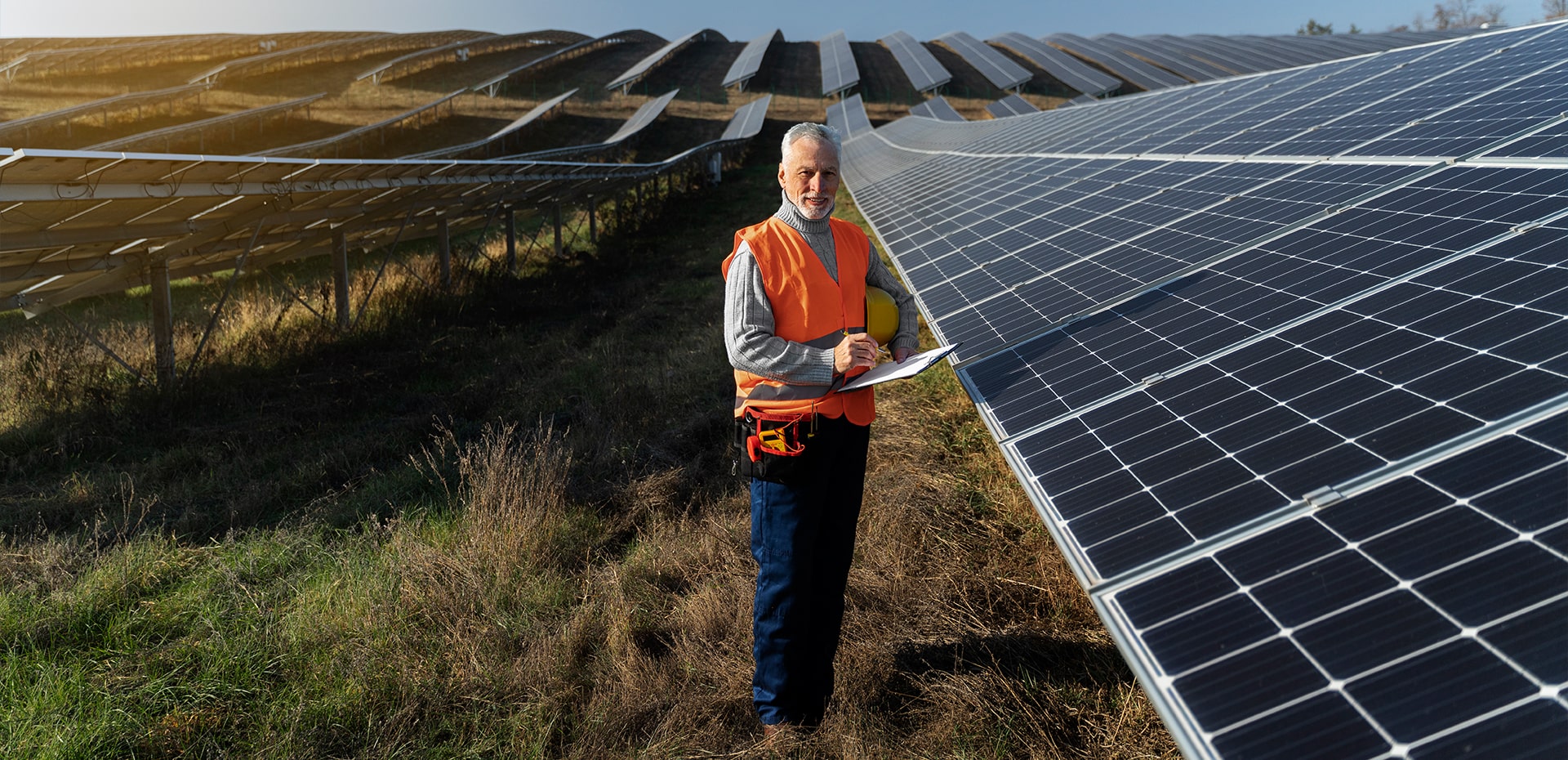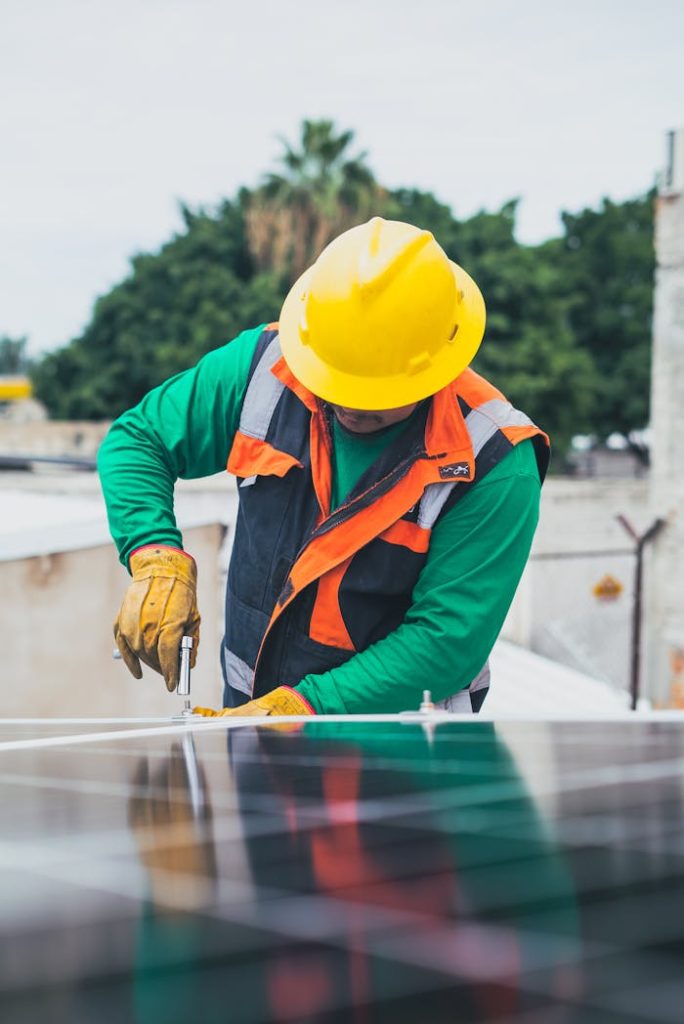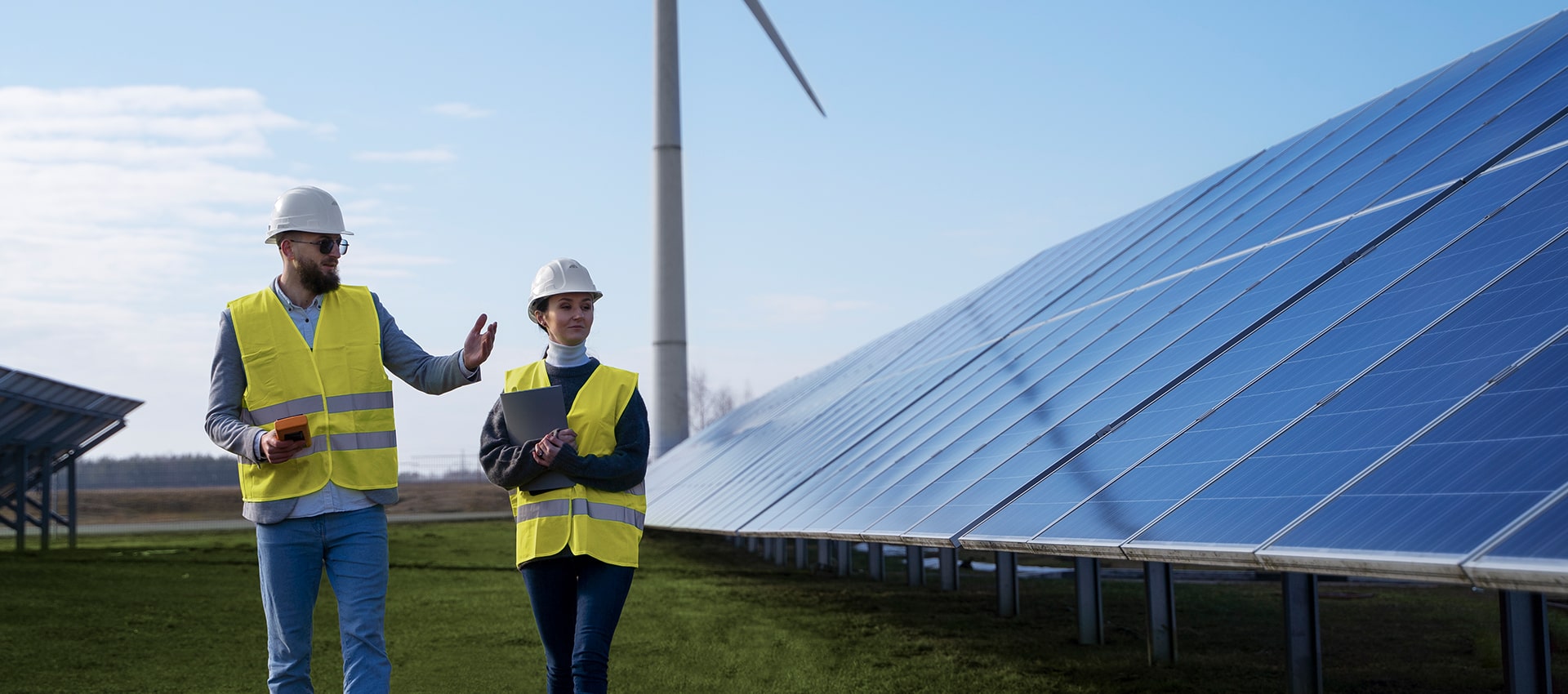As the demand for electricity grows in Africa, renewable energy presents a crucial solution for sustainable and reliable power. With a wealth of natural resources like sunlight, wind, and water, Africa is uniquely positioned to lead the world in clean energy innovation. But how do we make this vision a reality? In this blog, we explore the current state of renewable energy in Africa, its potential, and the work being done to overcome obstacles and create a greener, brighter future.
The Case for Renewable Energy in Africa
Africa’s population is rapidly growing, with over 1 billion people and counting. This growth creates an urgent need for electricity to support expanding industries, healthcare facilities, schools, and households. Yet, traditional fossil fuels fall short of providing a sustainable solution; they are costly, harmful to the environment, and do not provide consistent power to Africa’s rural and remote communities. Renewable energy, however, offers a promising alternative. Here’s why:
- Abundant Resources: Africa has some of the highest levels of solar radiation in the world, particularly in countries like Kenya, Egypt, and South Africa. With sufficient investment, this natural advantage can be harnessed to provide electricity to millions of households.
- Affordable Energy: Solar, wind, and hydroelectric power are increasingly affordable and can be deployed across urban and rural areas alike, making them more accessible to communities of all sizes.
- Environmental Impact: By choosing renewable sources, Africa can reduce its reliance on carbon-emitting fossil fuels, contributing to global efforts to reduce greenhouse gases.
Renewable Energy’s Role in Africa’s Development
Renewable energy doesn’t just power homes and businesses; it drives critical sectors that support communities. Here are some ways clean energy impacts lives in Africa:
- Healthcare: Access to reliable energy is vital for health facilities that depend on electricity for lighting, refrigeration, and medical equipment. By powering health facilities with solar and wind energy, we ensure that life-saving services are available around the clock.
- Education: Reliable electricity enables schools in remote areas to access technology, making education more inclusive and engaging. Clean energy projects open doors for students to learn under better conditions, bridging gaps in access to quality education.
- Economic Growth: Energy access supports local businesses and manufacturing, creating jobs and encouraging economic development. Rural electrification projects have the potential to lift entire communities out of poverty by making it easier for people to pursue entrepreneurial opportunities.
Overcoming Challenges to Expand Renewable Energy
Despite its immense potential, renewable energy adoption in Africa faces several challenges, including:
- Infrastructure Needs: Many areas lack the basic infrastructure required to install large-scale renewable systems. Roads, power grids, and storage facilities must be improved to allow for widespread access.
- Investment: Financing is essential to building renewable energy projects that are sustainable in the long term. Fortunately, partnerships with organizations like Power Africa, international investors, and African governments are helping secure the funding needed.
- Education and Training: Skilled workers are needed to install, maintain, and manage renewable energy systems. Training programs and knowledge-sharing initiatives are essential to building a workforce that can support Africa’s renewable energy goals.
Armona Integrated Solutions: Empowering Africa through Clean Energy
At Armona Integrated Solutions, we are proud to be part of Africa’s renewable energy journey. By collaborating with local governments, hospitals, educational institutions, and organizations like the Rural Electrification Agency, we’re working to expand access to clean, affordable energy. Our projects focus on sustainable power generation and rural electrification, bringing electricity to areas that need it most.
Through our commitment to clean energy, we aim to reduce Africa’s carbon footprint and contribute to global efforts in combating climate change. Our mission is clear: to provide renewable, reliable, and accessible energy that fosters sustainable development in Africa.
The Future of Renewable Energy in Africa
The potential for renewable energy in Africa is boundless. With continued investment, collaboration, and innovation, renewable energy can transform lives, strengthen economies, and protect the environment. By working together, we can make a sustainable future a reality for millions across the continent.



